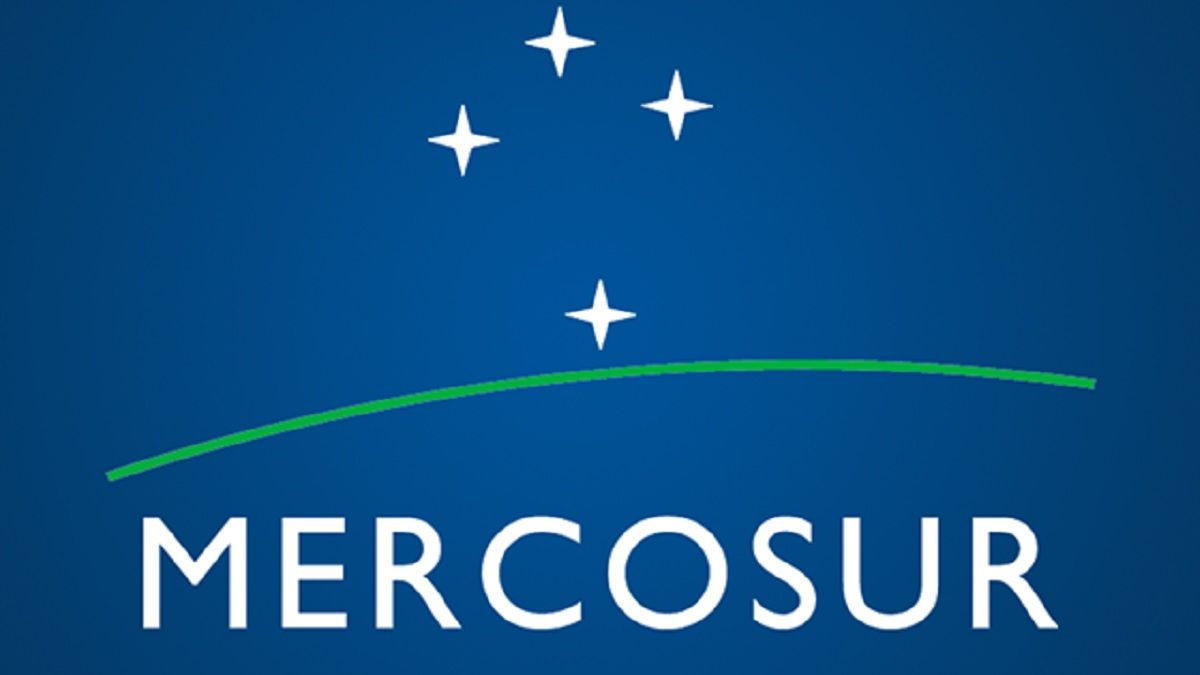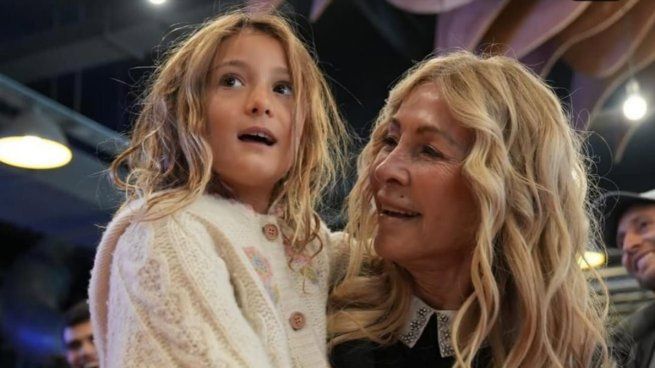This Tuesday the Argentine president Alberto Fernández will transfer the pro tempore presidency of Mercosur to his Brazilian counterpart Lula da Silva, in an event that will be held in Puerto Iguazú. As negotiations for an agreement with the European Union accelerate, the South American bloc reached in 2022 the highest commercial volume in its history. According to an official report to which he was able to access Ambitthe purchase and sale of goods with the rest of the world exceeded the US$752.600 million. Exports within the block are also recovered.
Despite the heated discussions that marked the last Mercosur summits, the regional customs union continues to show indicators that show its relevance. After a slowdown period, In the last two years, trade between full partners has regained momentum and has exceeded pre-pandemic levels by 38%. It went from $33 billion in 2019 to $46 billion in 2022 and reached the highest mark since 2014.
From the Government they emphasize that close to 60% of these exports are concentrated in industrial manufacturing, mainly in medium technology sectors, such as the automotive, metal-mechanic and chemical industries, followed by agribusiness and fuels. With these data on the table, Alberto Fernández will value the role that the bloc plays for the region’s industries and will transfer the pro tempore presidency to Lula da Silva.
One of the challenges for the management that Brazil will lead during the next semester is to reach new trade agreements. Despite the difficulties in advancing in this direction, in 2022 Mercosur’s total trade in goods with the rest of the world reached its highest historical value with a total of US$752.6 billion. Therefore, it continues to be a weight actor in the global concert.
The European Union already took note of it and seeks to expedite the agreement which, despite the fact that it was announced with great fanfare in 2019, still has “unresolved issues.” Last month, visiting Brazil, the president of the European Commission, Ursula von der Leyen, assured that she has “the ambition to close it as soon as possible, at the latest by the end of this year.”
The Foreign Ministry’s Secretary for International Economic Relations, Cecilia Todesca Bocco, acknowledged in a dialogue with Radio 10 that “in this challenging new world context, the agreement has greater strategic value than it had years ago,” although she assured that “we must update it and add some issues that make the agreement good for both blocks”.
On this last point, the countries that make up Mercosur focus very specifically on the impact that the new European Green Deal which provides for strong tariff penalties for products that do not comply with the environmental requirements set forth. The regulation aims to achieve “climate neutrality” by the year 2050.
In return, Brussels offers a plan to promote investment in the region for more than US$10,000 million. The “carrot” of the European Union is called Global Gateway and is a financing program dedicated to the development agenda and support for green technologies.
Massa seeks to strengthen trade in local currencies
Also in Puerto Iguazú, the Minister of Economy, Sergio Massa, headed this Monday the meeting of the Common Market Council, an instance that brings together the main officials in the field of each member of the bloc. Within this framework, he assured that “in order to strengthen intra-Mercosur trade it is essential to consolidate the agreements for payment in local currency”.
In the same context, the president of the central bank of the Argentine Republic, Miguel Pesce, and the president of the Central Bank of Uruguay, Diego Labat, signed a Intention letter which aims to reduce costs in bilateral trade with local currencies. “The purpose sought with this agreement is to incorporate payments related to trade in services (except payments related to financial services), transfers for family support and allow the transfer of resources to be denominated in Argentine Pesos or Uruguayan pesos indistinctly,” the BCRA said in a statement.
In the same sense, the two main partners, Argentina and Brazil, have been exploring a way to finance imports. The Government is waiting for a meeting of the BRICS group to be held in August and which could determine the access to guarantees by the bank of the bloc of developing countries that could unlock the talks that date from January of this year.
The head of the Palacio de Hacienda was accompanied by the Secretary of Economic Policy, Gabriel Rubinstein; his partner for International Economic and Financial Affairs, Marco Lavagna; the president of the BCRA, Miguel Pesce; and the former Minister of Agriculture, Livestock and Fisheries, Julián Domínguez.
Source: Ambito




